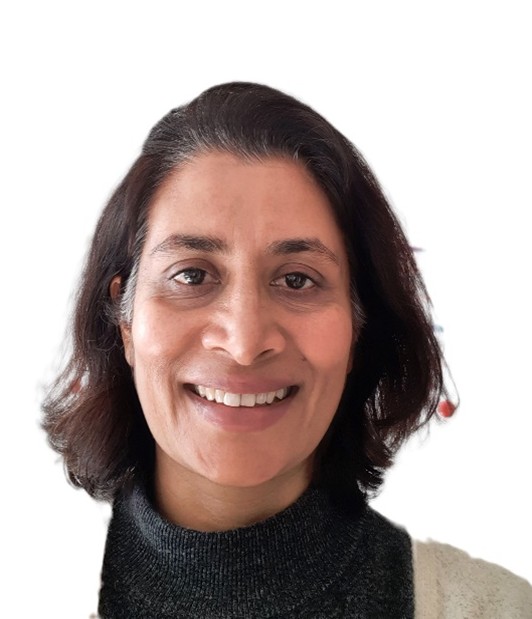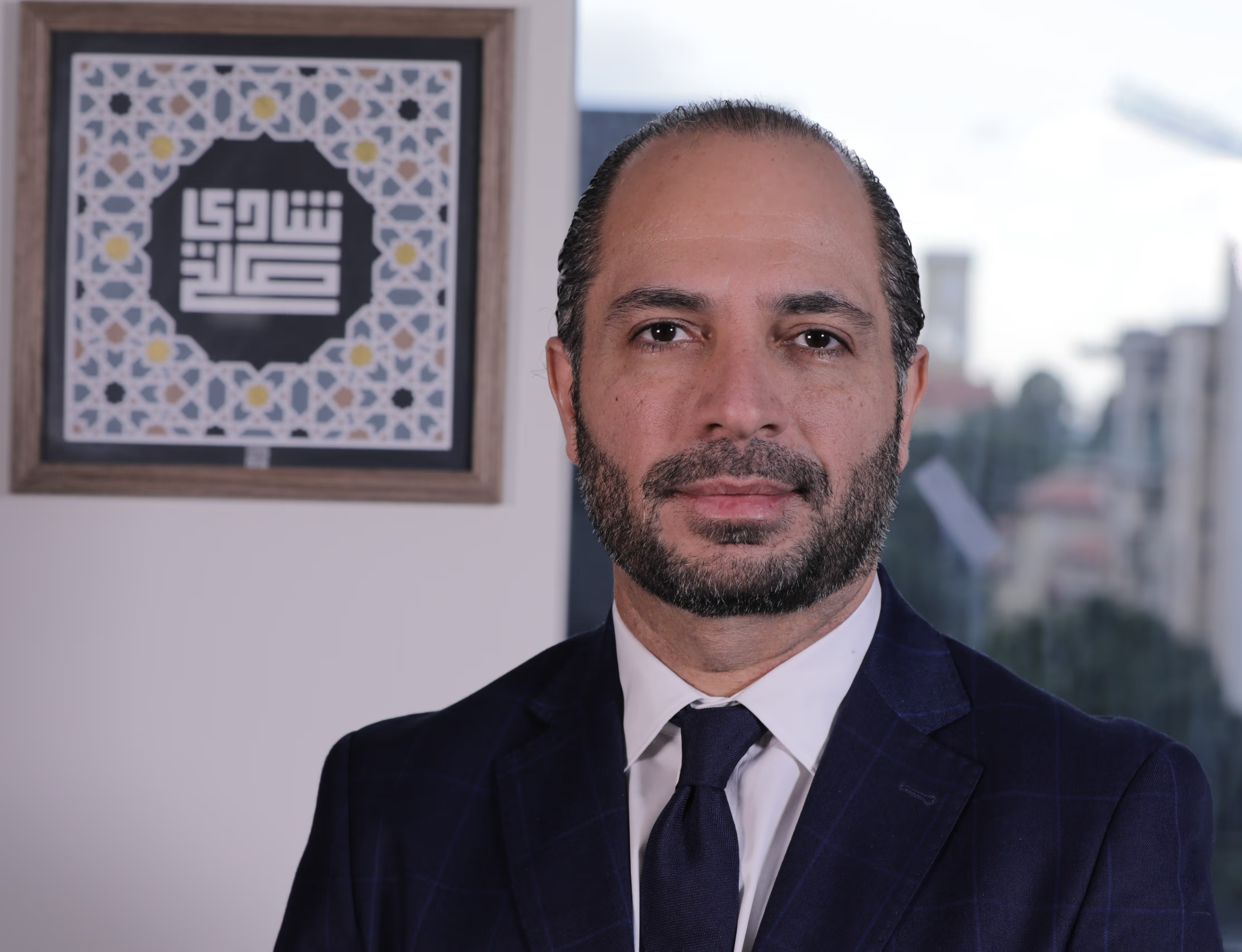Self-efficacy and knowledge to improve sexual reproductive health and wellbeing in humanitarian settings (SEEK)

Project overview
This community-based randomized controlled trial (RCT) will evaluate the effects of a psychosocial support (PSS) - sexual and reproductive health (SRH) integrated intervention package on the use of selected SRH services and on mental well-being. The RCT will be accompanied by a rigorous process evaluation during intervention implementation.
Project solution
This project offers [specific solution or intervention] to tackle [challenge]. By implementing [strategies, tools, or innovations], the project aims to achieve [desired outcomes]. The approach is designed to [specific actions or methods] to bring about meaningful change in [community, region, or issue area].
Expected outcomes
This project aims to achieve [specific outcomes], such as [measurable results, improvements, or changes]. The expected impact includes [benefits to the target community, advancements in research or innovation, or long-term effects]. By the end of the project, we anticipate [specific changes or milestones] that will contribute to [broader goals or objectives].
Principal Investigators: Dr. Shadi Saleh, AUB; Dr. Veloshnee Govender, WHO
Purpose
The research intends to evaluate the impact of a WHO low-intensity/low-resource psychosocial support (PSS) - sexual and reproductive health (SRH) integrated intervention package on the use of selected SRH services, primarily family planning, as well as on mental well-being among Syrian adolescent girls and young women refugees, aged 15-24 years, in Lebanon. The study design has been informed by formative research conducted by the study team with funding support from HRP (the UNDP/UNFPA/UNICEF/WHO/World Bank Special Programme of Research, Development and Research Training in Human Reproduction).
Expected outcomes
The primary expected outcome of this community-based RCT is hypothesized to lead to a 20% improvement in family planning use among the experimental (intervention) group compared to the non-experimental (control) group post-intervention at six months. The secondary outcome of this RCT revolves around improving mental well-being.
Outputs include scholarly outputs, policy briefs, training material, intervention package manual, public release events.
Further, the overarching expected outcome in the health system is aligned with the SDG target 3.7: Universal access to sexual and Reproductive care, family planning and education.
Project delivery & updates
Stay up to date with the latest developments from this project. Here, you will find details on what has been delivered, resources created, and regular updates as the project progresses. Access key documents, reports, and other materials to see how the project is making an impact.
Resources
Journal article
LEARN MOREJournal article
LEARN MOREJournal article
LEARN MORE
